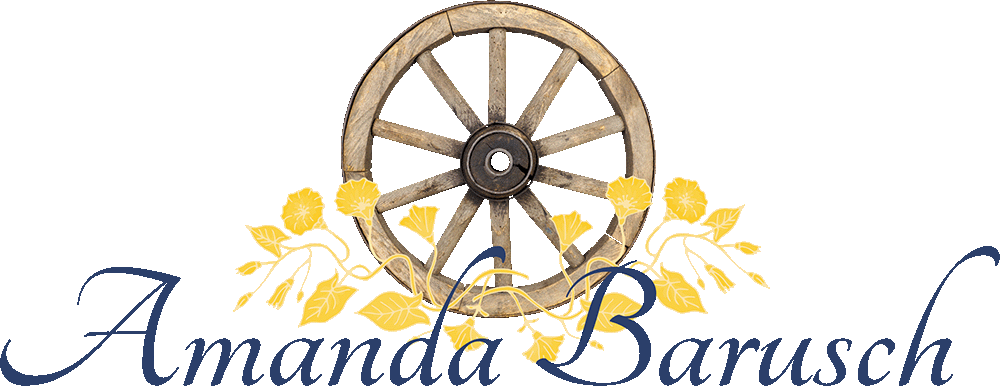Refining the Narrative Turn: When does story-telling become research?
Paper presented at the Gerontological Society of America, Nov. 16, 2012, San Diego
The narrative turn has generated interest in several disciplines, along with a range of methodological approaches that claim to represent narrative research. Some of these can only be generously termed “research,” while others give little more than a nod to “narrative.” As narrative research matures, its boundaries must be more clearly defined. This paper examines definitional issues and proposes three criteria for good narrative research, arguing first, that in-person data collection should use appropriate initiating prompts while giving the story-teller sufficient time and freedom to present a coherent narrative; second, that data analysis should address not only the content but also the form of the narrative; and third, that interpretation of data should acknowledge the context of the story-telling, as well as its narrative intent. The process of boundary definition will be further clarified by exploring the possibility of co-authorship between researcher and story-teller and the treatment of the researcher’s own narrative.
